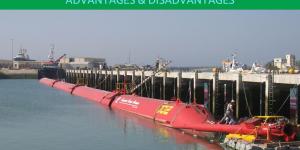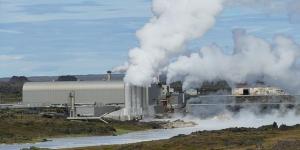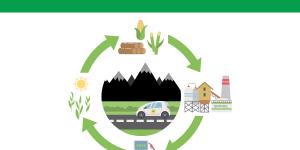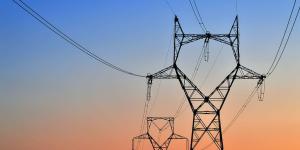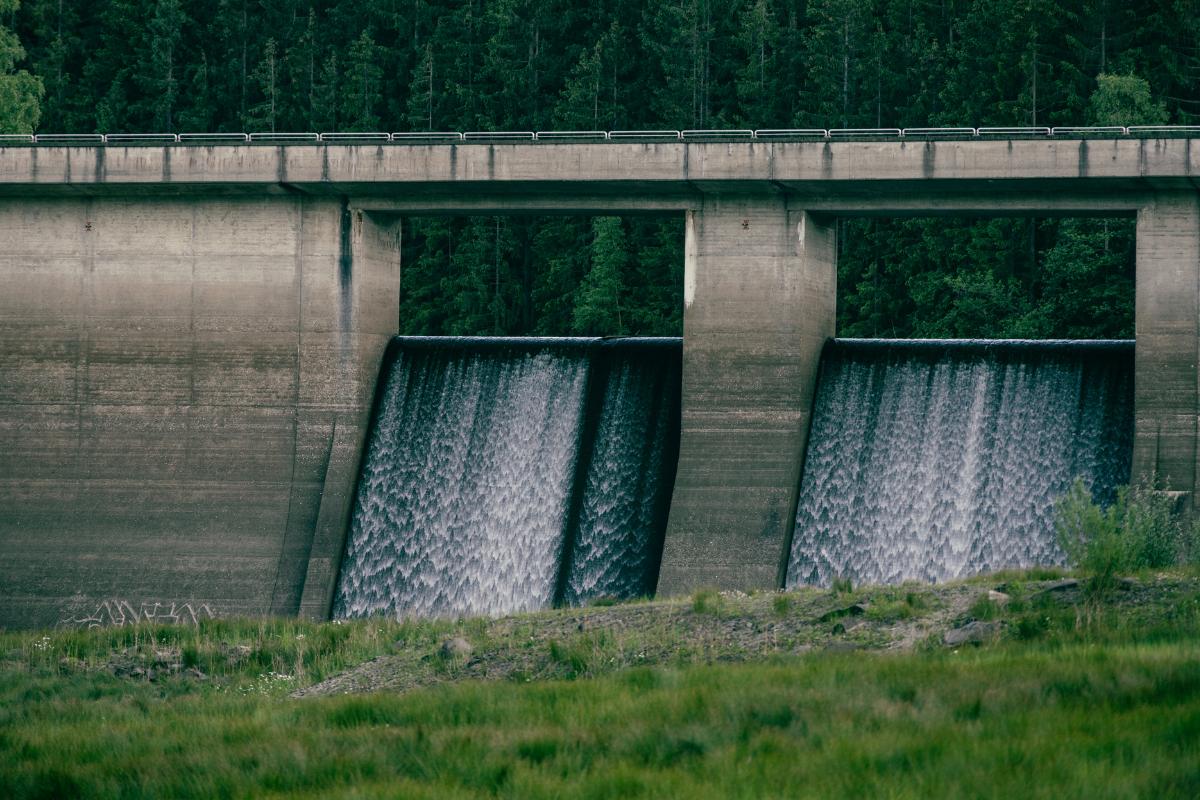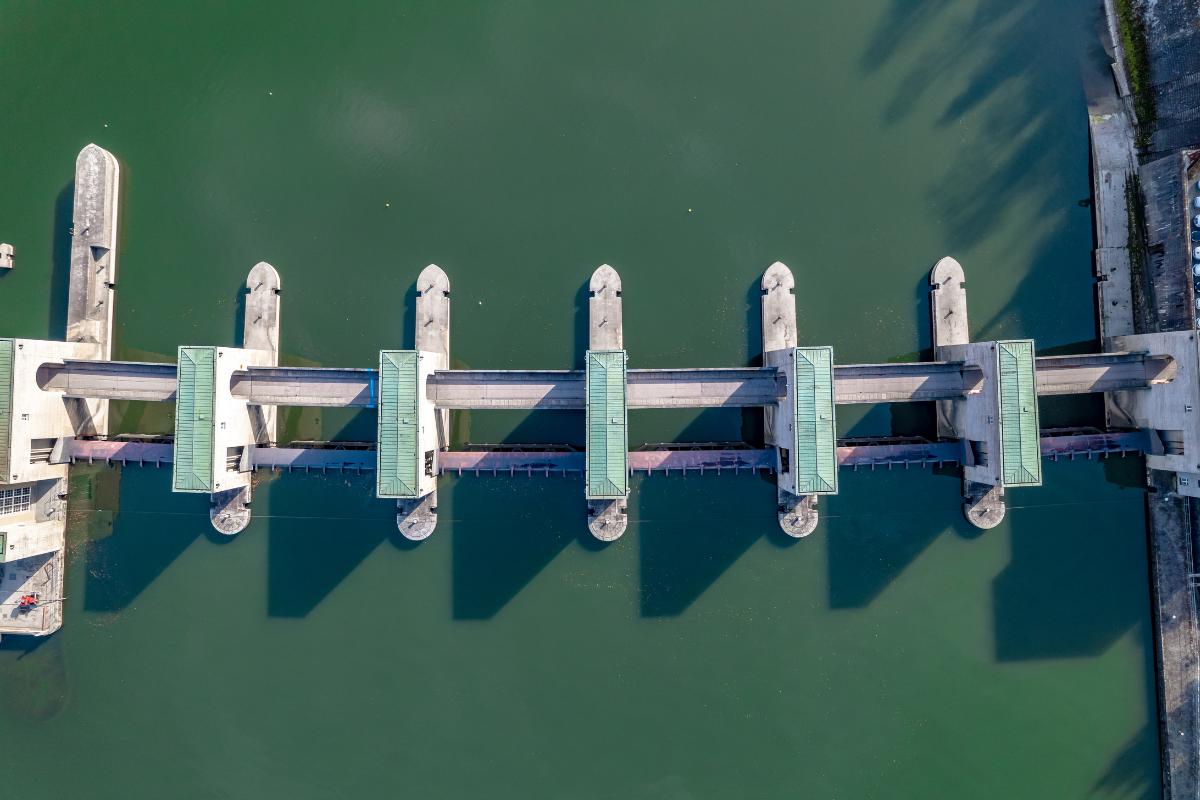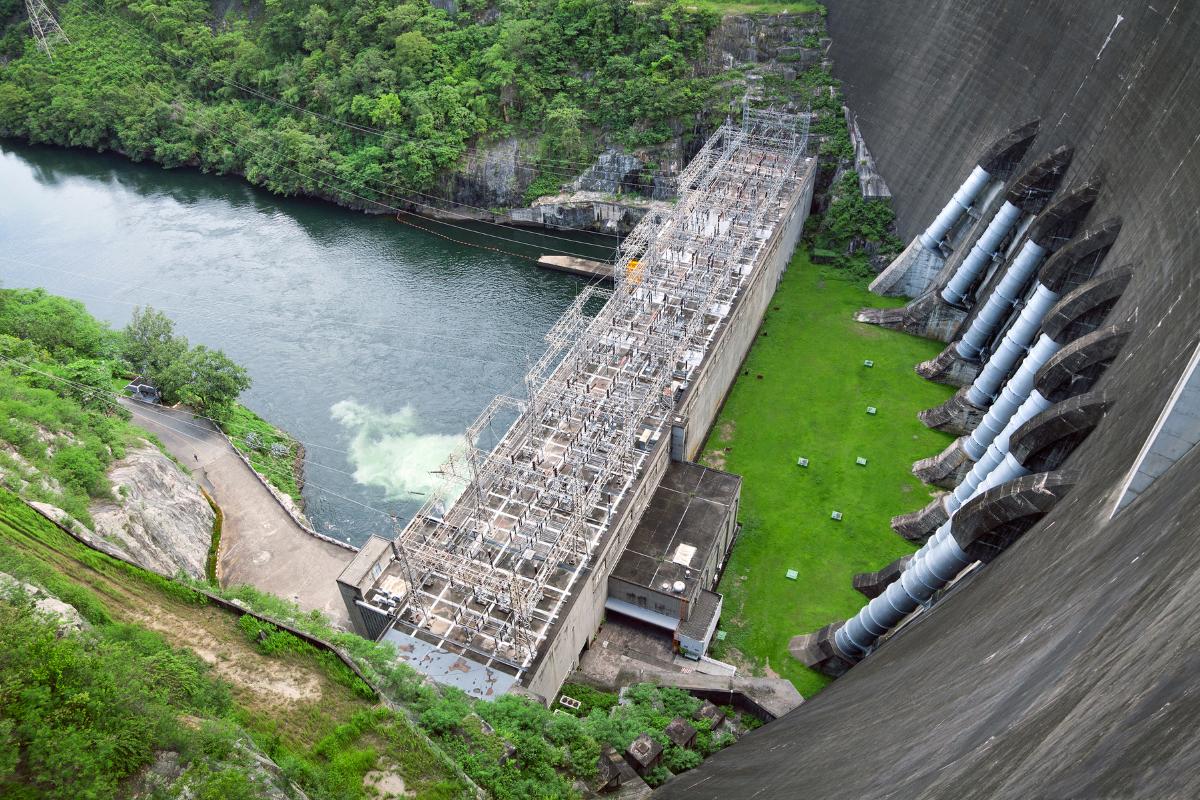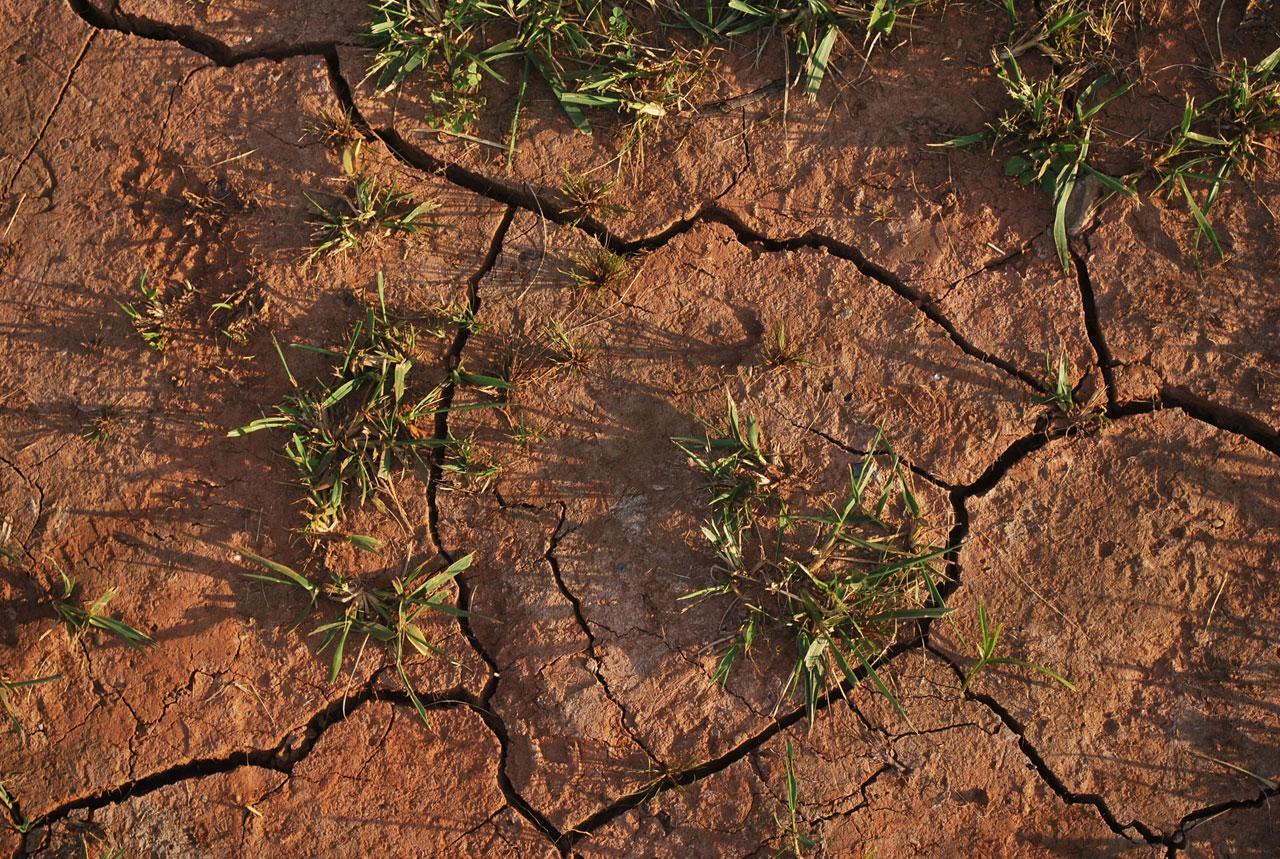What Are the Pros and Cons of Hydro Power?


Hydraulic energy, also known as hydroelectric power, is a renewable energy source generated by harnessing the power of moving water, typically through dams or turbines. As one of the oldest forms of energy production, hydraulic energy plays a vital role in today's global energy mix, providing clean and reliable electricity. However, like any energy source, it comes with both advantages and disadvantages that need to be considered.
In the following article by thedailyECO, we'll explore the pros and cons of hydraulic energy, also known as hydropower.
What is the definition of hydro power?
Before we explore the advantages and disadvantages of hydropower, let’s take a moment to explain what it is and how it works.
Hydropower, or hydroelectric energy, is the process of generating electricity from the movement of water, typically stored in reservoirs created by dams. These reservoirs are often located in natural settings, like valleys, where rivers flow.
The concept of using water to generate power dates back thousands of years. Early civilizations harnessed the energy of flowing water through waterwheels to perform tasks such as grinding grain and operating irrigation systems. During the Industrial Revolution, waterwheels became even more widespread, powering various types of machinery.
Today, hydropower is one of the most widely used renewable energy sources. Modern hydropower plants use dams to control the flow of water, directing it through turbines that generate electricity. This method provides a stable and reliable energy supply, while significantly reducing greenhouse gas emissions. However, despite its many benefits, hydropower also comes with challenges, such as its environmental impact on ecosystems and the need for strategic planning to balance energy production with environmental conservation.

How does hydropower work?
Hydropower is created by converting the energy of flowing water into electricity. Here’s a step-by-step explanation of how it works:
- Water is stored in a reservoir: a dam is built on a river to store water in a reservoir. The height of the water in the dam creates potential energy, meaning the stored water has the ability to generate power when released.
- Water flows through the dam: when electricity is needed, water from the reservoir is released. As the water flows downward due to gravity, it gains kinetic energy (energy of movement). The force of the moving water is directed towards turbines located inside the dam.
- Turbines spin: the fast-moving water hits the blades of the turbines, causing them to spin. These turbines are connected to generators.
- Generators produce electricity: as the turbines spin, they drive the generator's rotor. Inside the generator, the motion of the rotor creates a magnetic field that converts the mechanical energy of the spinning turbines into electrical energy.
- Electricity is sent to the grid: the electricity produced by the generator is then transmitted through power lines to homes, businesses, and industries, where it is used.
- Water returns to the river: after passing through the turbines, the water continues downstream, rejoining the natural flow of the river.
If you're exploring renewable energy options, don't miss our take on another powerful contender: wind energy.
What are the advantages of hydraulic power?
As we've mentioned, hydropower offers several key advantages, making it widely used today. In fact, it has been in use for a very long time. Here are the main benefits of hydropower:
1. Renewable Energy Source
One of the biggest advantages of hydropower is that it's a renewable energy source. The energy is generated from falling water, which comes from rainfall. Thanks to the natural water cycle of evaporation and rain, this energy source is virtually inexhaustible, ensuring it will always be available.
2. Clean Energy
In addition to being renewable, hydropower is also a clean energy source. It doesn't produce any waste, whether physical or chemical, and doesn't contribute to greenhouse gas emissions. This makes it an environmentally friendly option for generating electricity.
3. Stable Energy Production
Unlike other renewable energy sources like wind or solar, hydropower provides a more stable energy output. Wind turbines stop when there's no wind, and solar panels don’t generate electricity on cloudy days. However, hydropower relies on rainwater stored in reservoirs, so electricity can continue to be produced even during dry periods, making it highly reliable.
4. Flexible and Adjustable Production
Hydropower is also highly flexible. The amount of electricity generated can be adjusted based on demand by controlling the flow of water through the turbines. This makes it easy to increase or decrease production as needed, offering a significant advantage in managing energy supply.
5. Safe Energy
Lastly, hydropower is one of the safest forms of energy. Unlike nuclear power, which poses risks of accidents and produces hazardous waste, hydropower doesn't create any harmful by-products or pose a threat to human health. It is a reliable and secure energy option.
6. High efficiency
Hydropower plants have a high energy conversion efficiency, meaning they can generate a significant amount of electricity from a relatively small amount of water.
7. Long lifespan
Hydropower plants have a long lifespan, often lasting for decades or even centuries.

What are the disadvantages of hydraulic power?
While hydropower offers many advantages, it’s also important to consider its drawbacks. Here are the key disadvantages of hydropower:
1. Dependent on rainfall and droughts
Perhaps the biggest disadvantage of hydropower is its reliance on weather conditions. While it is a renewable energy source, its effectiveness is directly tied to rainfall. In periods of heavy rain, hydropower plants can meet energy demands, but during droughts, the lack of water reduces their ability to generate enough electricity.
2. Limited locations for installation
Unlike solar or wind energy, hydropower can only be harnessed in certain locations. It requires specific geographical conditions, such as rivers with sufficient water flow and adequate height for water to fall and drive turbines. This means that the number of suitable locations for building hydropower plants is limited, making it less versatile compared to other renewable energy sources.
3. Environmental impact
One of the most significant downsides of hydropower is its environmental impact, especially on river ecosystems. Building a hydropower station often involves constructing a dam, which disrupts the natural flow of rivers and affects aquatic wildlife. Additionally, the creation of reservoirs transforms land-based ecosystems into aquatic ones, which can have both positive and negative effects. However, this transformation typically results in the destruction of the original terrestrial environment.
4. High Initial Investment
Another notable disadvantage is the high initial cost of building hydropower plants. The construction requires significant capital investment, from planning and design to the actual building process. Additionally, it can take years for a hydropower plant to become operational. However, once established, hydropower becomes a relatively low-cost energy source, making it more cost-effective in the long run.
Curious about where your electricity really comes from? Discover the process behind power generation in our related article.

If you want to read similar articles to What Are the Pros and Cons of Hydro Power?, we recommend you visit our Renewable energies category.

